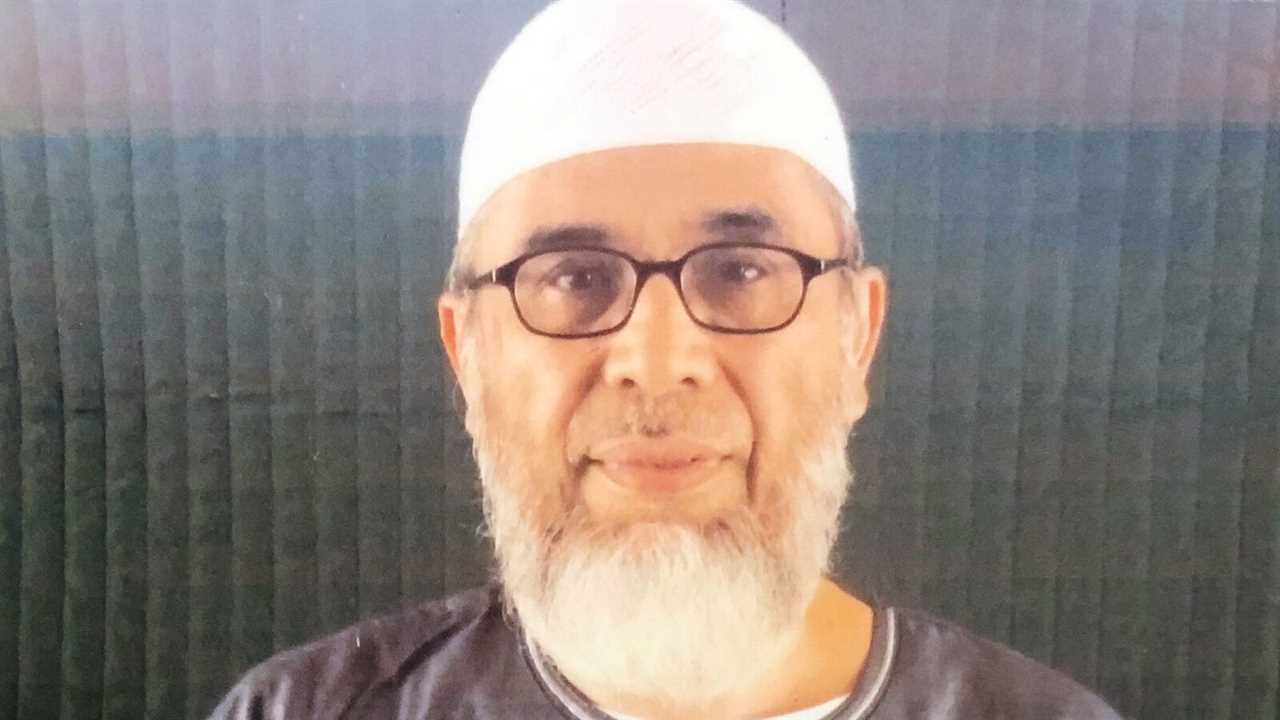
WASHINGTON — A military judge on Tuesday indefinitely postponed the arraignment of three prisoners at Guantánamo Bay who were scheduled to make their first court appearance in 17 years of detention, finding that the coronavirus pandemic made it too risky to travel to the Navy base.
The Indonesian prisoner known as Hambali, who has been held since 2003 as a former leader of a Southeast Asian extremist group, and two accused accomplices were scheduled to appear at the war court on Feb. 22. But Col. Charles L. Pritchard Jr., the military judge who was to travel to Guantánamo this week, ruled that “the various counsels’ belief that their health is at significant risk by traveling” to the base was reasonable.
Colonel Pritchard is the most recent military judge to join the Guantánamo military commissions bench, and the latest to postpone a proceeding as too risky in nearly a year of cancellations over the coronavirus. Pretrial hearings in the death-penalty case against five men accused of plotting the Sept. 11, 2001, attacks have been delayed for a year.
The judge, court personnel and lawyers bound for the hearing began a quarantine in the Washington area over the weekend before a charter flight to the base on Thursday.
Once there, the passengers were to be individually quarantined for 14 days under a plan devised by prosecutors to protect those living on the base of 6,000 residents and at the prison from the threat of infection.
“The risk to the health and safety of participants in the arraignments due to the global Covid-19 pandemic is high,” the judge wrote in a seven-page order dated Tuesday. “The government’s proposed risk mitigation measures lower the risk, but the risk still persists.” He suggested that traveling to the base might not be safe until summer’s end.
Latest Updates
- California aims to speed up vaccines.
- A judge ruled Guantánamo is too risky for hearings in a Southeast Asian bombing case.
- Iran will receive a shipment of the Russian coronavirus vaccine, the Islamic Republic’s first.
The case had been dormant throughout the Trump administration, but on the second day of the Biden administration, a senior Pentagon official appointed under the Trump administration who had been put in charge of the military commissions approved the prosecutions.
The defendants include Mr. Hambali, who is charged as Encep Nurjaman and is the former leader of the extremist group Jemaah Islamiyah, and his accused accomplices, Mohammed Nazir Bin Lep and Mohammed Farik Bin Amin, who are Malaysian.
The three men were captured in Thailand in 2003 and are charged with conspiring in the 2002 nightclub bombings in Baliwhich killed 202 people, and the 2003 Marriott Hotel bombing in Jakarta, which killed at least 11 people and wounded at least 80. They spent their first three years in the C.I.A.’s secret prisoner network before they were transferred to Guantánamo for trial in 2006.






